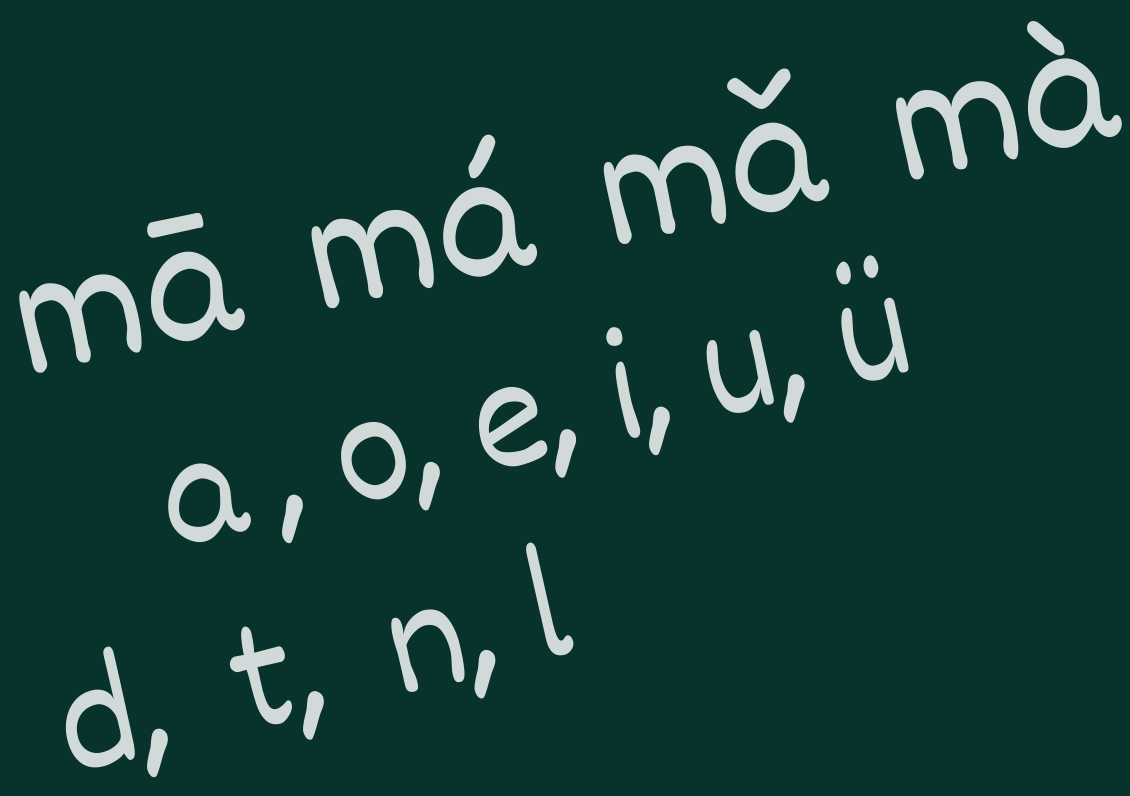Is Chinese Hard?
August 31, 2020
Is Chinese hard?
As Mandarin Chinese educators, this is one of the most common questions we are asked. It is also one of the more complex questions to answer.
Chinese is as hard as you make it. When learning a language, everyone has different purposes and reasons for study. There is no “one-size-fits-all” goal. This means that Chinese can be very easy. If getting by is your goal, it takes a short time to learn enough Chinese to achieve daily tasks, such as grocery shopping or getting around.
To help you understand this better, this article will first discuss how difficult or easy each of the three main aspects of the Chinese language -Chinese grammar, Chinese characters, and Chinese characters- are. Once that's out of the way, we'll share some tips with you on how to learn Chinese if your goal is to speak Chinese fluently.
Is Chinese grammar difficult?
Are Chinese characters difficult?
Is Chinese pronunciation difficult?
Tip 1:Learn Chinese characters
Tip 2:Get comfortable with Chinese grammar patterns
Tip 3:Learn the local slang
Is Chinese grammar difficult?
No, Chinese grammar is comparatively simple. Unlike many western languages, there are no verb tenses, gendered nouns, articles, conjugation, or cases. Standard Chinese sentence structure also does not vary much from the Subject + Verb + Object structure.
So, if you're sick of trying to learn the past tense, the past progressive, the imperative…? Forget all of that!
Speaking and using Chinese is a case of learning the words and individual Chinese characters, putting them together in a coherent order and just… going for it!
Are Chinese characters difficult?
No, not really. So, if Chinese characters seem daunting to you, no need to worry. The more characters you learn, the easier it gets! Characters are made up of radicals which give you a clue as to the pronunciation and meaning of the character. The more familiar you get with Chinese characters, the less scary it all seems to be!
Is Chinese pronunciation difficult?
Yes, Chinese pronunciation can be difficult to grasp when you’re learning Chinese to start out Chinese is a tonal language, with 4 tones (5 if you count the neutral tone). This becomes less of a problem if you’re learning Chinese in China and hear it on a daily basis.
The good news is the romanization system for Chinese pronunciation, called pinyin, is quite easy to master. There are no complicated spelling rules, nor arbitrary exceptions to rules. If you do not plan to continue learning Chinese beyond the basics and opt out of learning Chinese characters, pinyin can serve you well.

However, if you are starting from zero and want to be fluent in Chinese, you may be asking, “What about me?”
To you I say, Chinese might be hard.
You may be a polyglot language aficionado who can learn a language in 24 hours or less and proceed to write a post-grad dissertation in said language the very next day. In this case, no, Chinese is not hard.
If you’re like the rest of us, I won’t say definitively that Chinese is difficult, but it has its challenges and you will need to put in some hard work. Here are some things you will need to do if you want to be fluent in Chinese:
Tip 1:Learn Chinese characters
This has a gradation of difficulty. If you want to be able to type and recognize Chinese, character memorization is quite straightforward.
If your goal is to be able to handwrite Chinese characters, you will need to memorize the strokes and stroke order. This probably makes it sound like Chinese is hard indeed, but this is not a dreadful task. However, with thousands of Chinese characters in a dictionary, memorizing all of them will not happen overnight.

Tip 2:Get comfortable with Chinese grammar patterns
Just because you can say it simple in Chinese does not mean you should settle. Instead of single-word conjunctions, native Chinese speakers use grammar patterns such as 因为…所以… (because…so…) and 虽然…但是… (although...but...) to connect their sentences.
If you want your Chinese to sound natural, you should too. This does not necessarily mean that Chinese grammar is hard, but getting familiar with all the patterns out there will take time and sometimes it may help to have a teacher explain their usages.

Tip 3:Learn the local slang
Nothing will help you fit in more than learning some of the local dialect. The aunties and uncles in your neighborhood will be thrilled to hear you using slang—you are sure to make friends and get a compliment on your excellent Chinese!
Slang Chinese is hard in the sense of learning to use it properly. Standard Mandarin has clear rules that it follows, and once you learn the rules, you will have a good grasp of the language. Slang also has rules that govern its use, though these rules may be more fluid or less obvious.

No matter your ultimate Chinese-learning goal, my advice to you is not to be afraid of Chinese. Take it one step at a time—like with any new skill, you will not reach your target instantly. There will probably be a lot of trial and error along the way.
Some days will be harder than others but if you set your mind to learning Chinese, you can succeed.